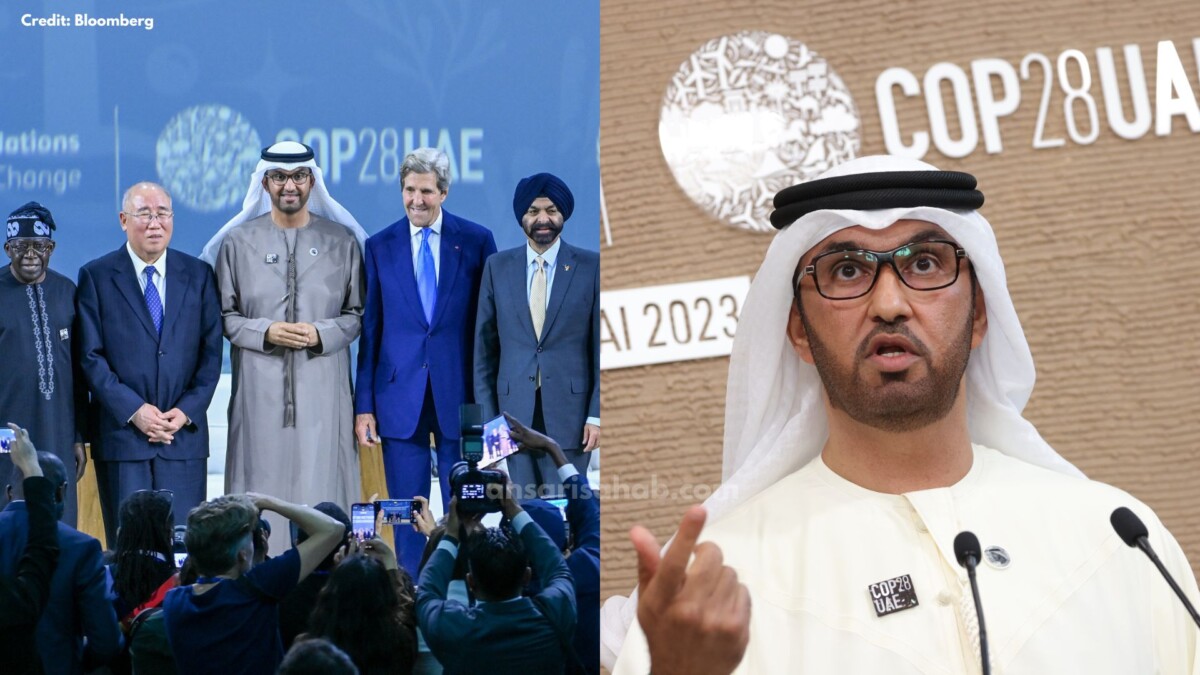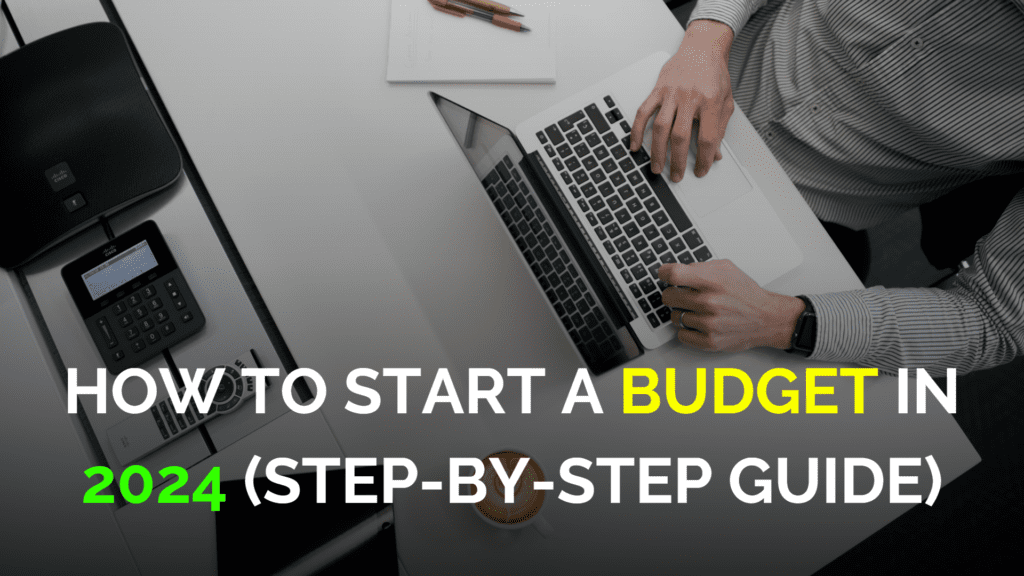
The 28th Conference of the Parties (COP28) to the United Nations Framework Convention on Climate Change (UNFCCC), held in Dubai from November 30 to December 12, 2023, marked a historic moment in the global fight against climate change. The conference concluded with a groundbreaking agreement that prioritizes the phase-out of fossil fuels, signaling a significant shift in the international approach to addressing the climate crisis.
Negotiations and Challenges:
Over the two-week conference, delegates from nearly 200 nations engaged in intense negotiations. The inclusion of a clear commitment to phasing out fossil fuels was a major point of contention, particularly for countries heavily reliant on fossil fuel exports. Despite challenges, the COP28 agreement emerged as a testament to the world’s acknowledgment of the urgent need for action.
Pushback and Concerns:
While the agreement represents a crucial step forward, challenges lie ahead. Some argue that the transition away from fossil fuels may pose economic disruptions, especially for developing nations dependent on these resources. Questions about the feasibility of replacing fossil fuels with renewable energy sources on a global scale also linger.
Key Points of the COP28 Agreement:
- Fossil Fuel Phase-out: The agreement emphasizes the need for a gradual and just transition away from fossil fuels, acknowledging the environmental and economic aspects.
- Just Transition: Prioritizing a fair and equitable transition for affected workers and communities is a fundamental aspect of the agreement.
- Support for Developing Countries: Recognizing the challenges faced by developing nations, the agreement calls for financial and technological support to facilitate their shift towards clean energy.
- Loss and Damage: Addressing the impacts of climate change, particularly in developing countries, is highlighted in the agreement.
- Global Energy Transformation: The agreement necessitates a significant transformation of the global energy industry, with increased investments in renewable sources like solar, wind, and geothermal.
Economic Implications:
The transition away from fossil fuels will undoubtedly impact economies worldwide. While certain industries may face challenges, the burgeoning clean energy sector presents opportunities for job creation and economic growth. Governments will play a crucial role in implementing policies that support affected communities and workers during this transition.
Climate Change Mitigation:
The COP28 agreement, if effectively implemented, holds the potential to substantially reduce greenhouse gas emissions. This could contribute significantly to mitigating the adverse effects of climate change, benefiting ecosystems, human health, and the global economy as a whole.
Suggested: Starbucks: Facing Boycotts, a $11 Billion Loss, and Investor Concerns
Looking Forward:
The COP28 agreement is a monumental victory for the climate movement, but its success depends on robust implementation. Governments, businesses, and individuals must collaborate to ensure a just and equitable transition to a low-carbon future. The agreement is expected to be finalized in the coming months and will require ratification by individual countries to become legally binding.
Conclusion:
COP28 marks a turning point in human history by placing the global community on a path toward sustainable practices. The explicit commitment to phasing out fossil fuels demonstrates a collective will to address climate change head-on. While challenges exist, the agreement provides a roadmap for a cleaner, greener future. The true measure of success will be the commitment and actions taken by nations to turn the promises of COP28 into tangible results.
Additional Information:
- The COP28 agreement is available online at UNFCCC website.
- For more information on the climate crisis, visit the websites of the Intergovernmental Panel on Climate Change (IPCC) and UNFCCC.
- Individuals and businesses can find resources to reduce their carbon footprint and contribute to a sustainable future.








